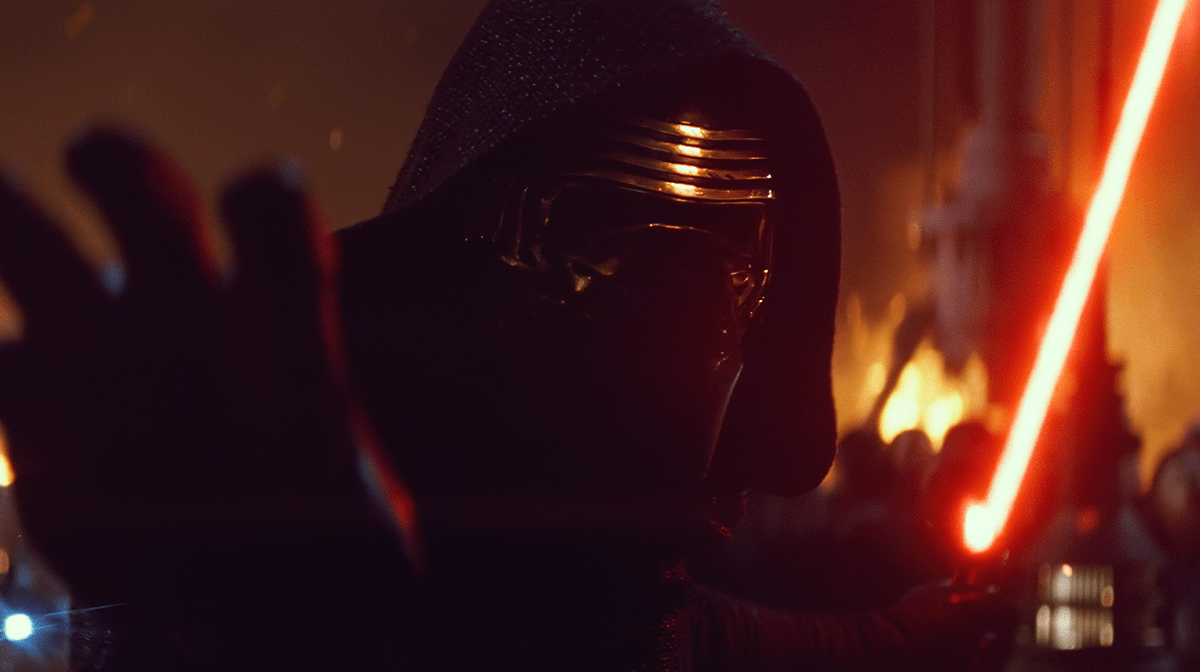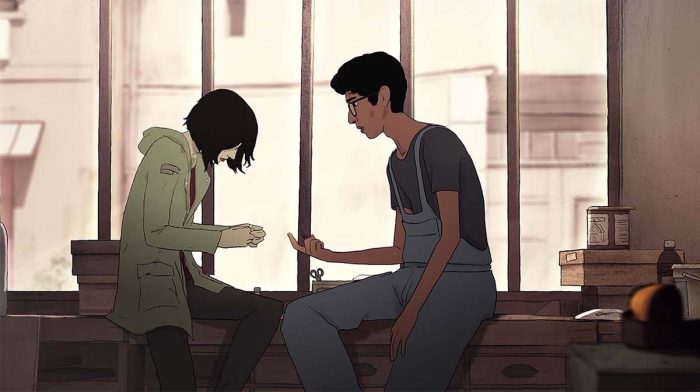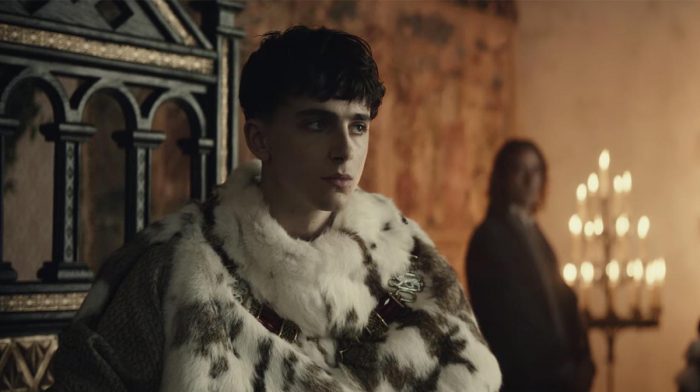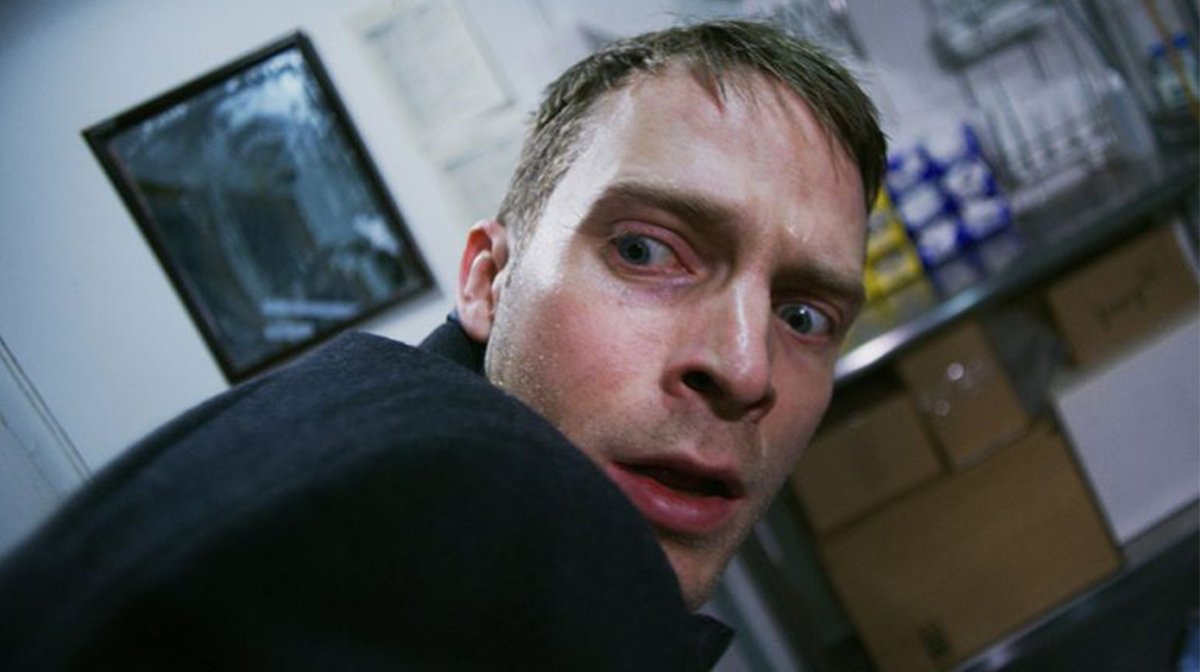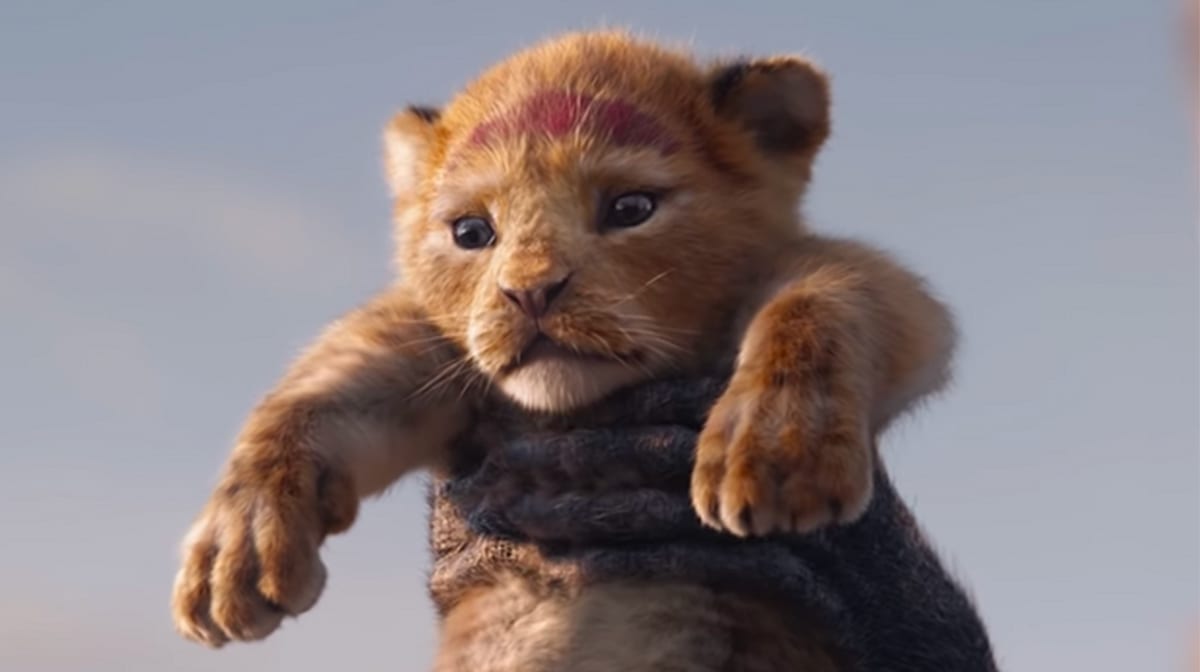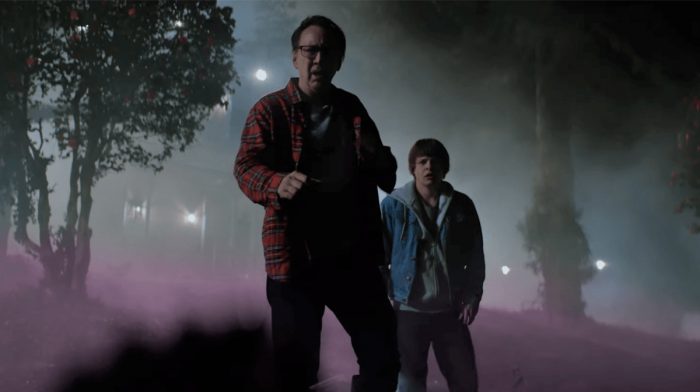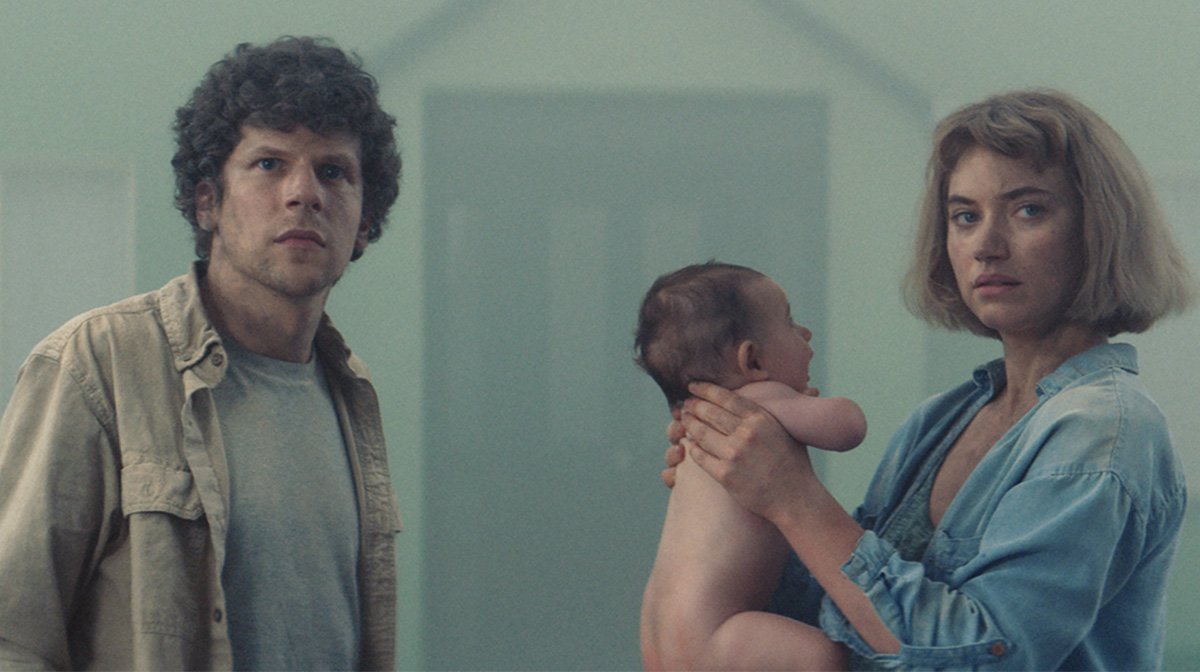What lies beneath the surface? Writer and director Bong Joon‐ho has a cinematic history surrounding this question, metaphorically and literally.
Whether it is through a serial killer cold case, a monster film with a cruel ironic twist, a Hitchcockian style thriller about a mother who will do anything to clear her son’s name, a science-fiction ice wasteland with a train housing the last surviving humans, or a bittersweet story about our planet’s food crisis, Joon‐ho has taken us on journeys that usually start (and sometimes end) below the surface of society.
While we all wait patiently for Joon‐ho’s highly anticipated latest film Parasite, we can look back at his previous movies and try to understand the director’s fascination with this running theme.
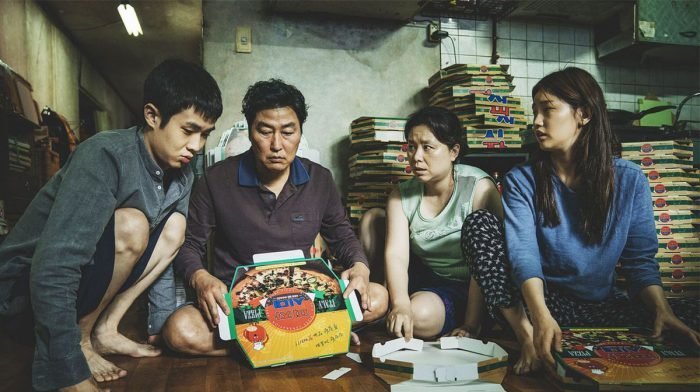
CJ Entertainment
Joon‐ho’s films span across several different genres, twisting the narratives, delivering stories with climaxes that audiences don’t expect.
He concentrates on those who are less fortunate, poor, struggling, and those of a lower status.
The class system is very much alive within South Korea, and Joon‐ho spares no times in making the divide between classes painfully obvious.
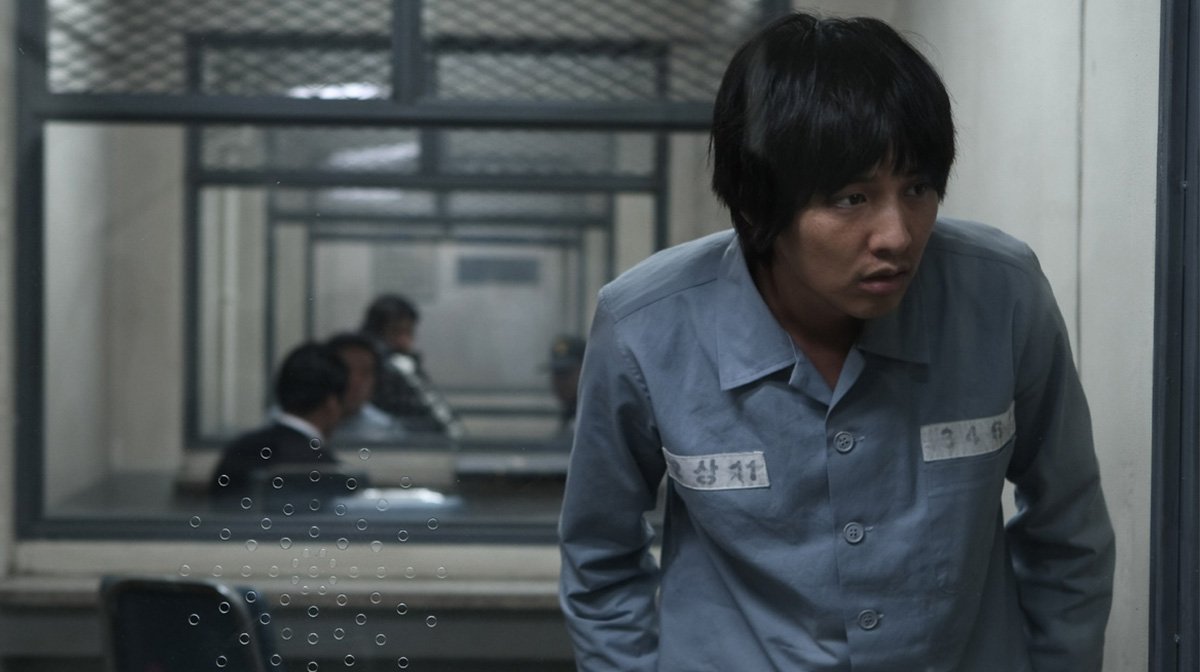
CJ Entertainment
In his 2009 crime thriller Mother, the central murder in the story is pinned on a supposedly innocent man, who is only arrested due to circumstantial evidence. But it is his learning disability and lower status that grabs the police’s attention.
Both Mother and 2003’s Memories Of Murder aren’t straight forward crime stories with established stereotyped heroes and villains, a trope frequently used in this genre.
Looking to those characters of a ‘lower class’, Joon‐ho’s films aren’t always about their status, they just happen to be in these positions when the story happens.
Throughout his work, the injustices of the world become more apparent, and soon take over as ‘the story’.
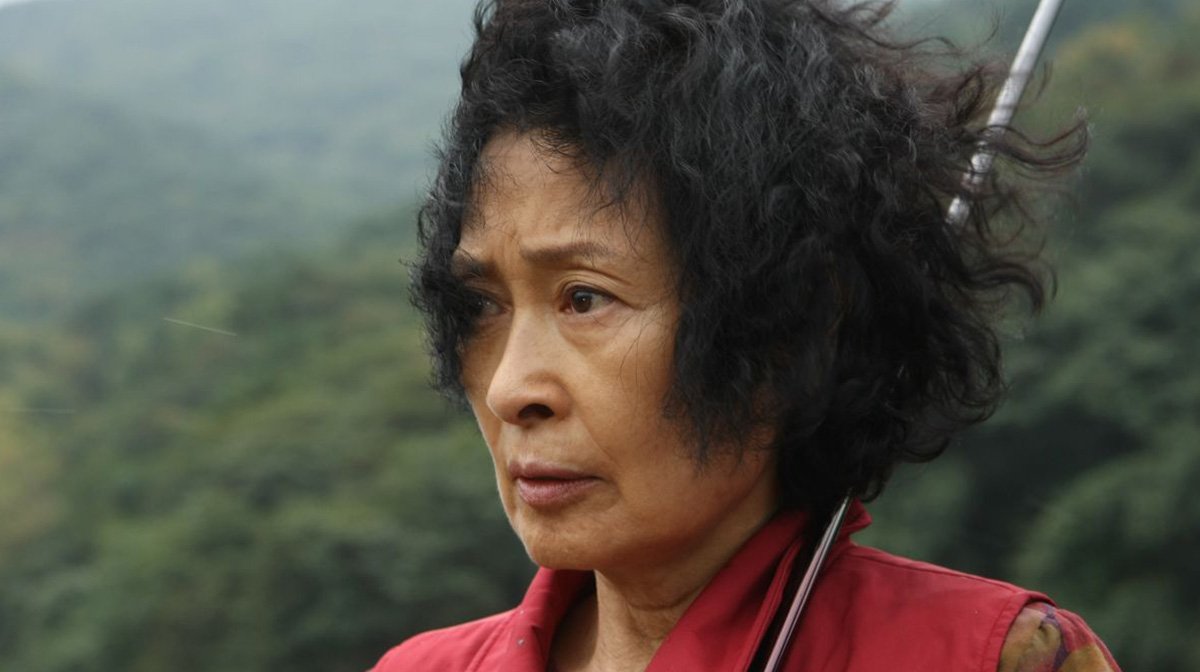
CJ Entertainment
Venturing into the sewers and literally delving into what lies beneath, 2006’s The Host was marketed like an action horror monster movie, but the real story is about a family struggling to come to terms with the ‘death’ of a beloved niece, daughter and grandchild.
The war raged against the mutated fish monster, responsible for said ‘death’, would stereotypically be done by the army, scientists or the police, but here, the Park family are the warriors.
As well as fighting the beast, they are hunted by the authorities, known as ‘the infected family’, establishing just how society perceives them, and we are reminded of their place in this world.
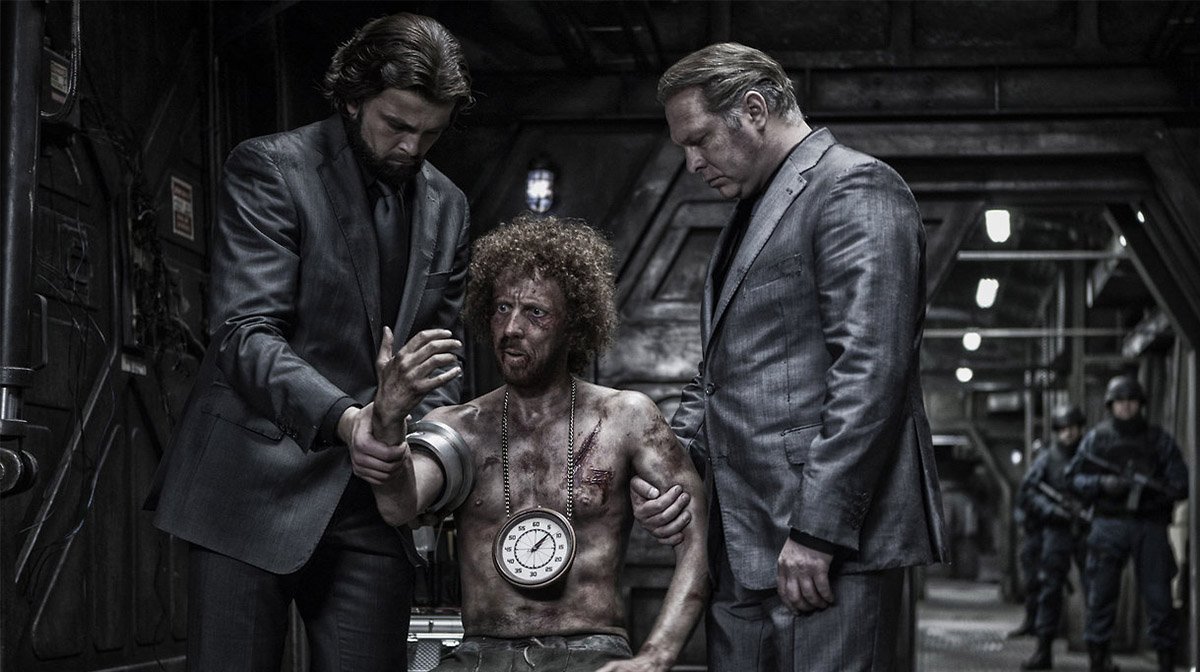
The Weinstein Company
Characters trying to find their place in the world could aptly be applied to Joon‐ho’s adaptation of the famed Snowpiercer graphic novel, set in a post‐apocalyptic frozen world where a train that continuously circles the planet keeps the remaining humans alive.
This train is a literal manifestation of the class system, with the wealthier people in the front carriages, and the poverty ridden in the last.
In the story, the citizens in the last carriage, who live through dire times even having to resort to cannibalism to survive, take a stand and fight their way to the train driver, who is both the engineer of the system, and has a cult like leader status.
This is Joon‐ho’s more obvious statement about how people are treated in our society, beginning with the lowest of all classes, and ending in the darkest and bleakest of places, an uninhabitable world.
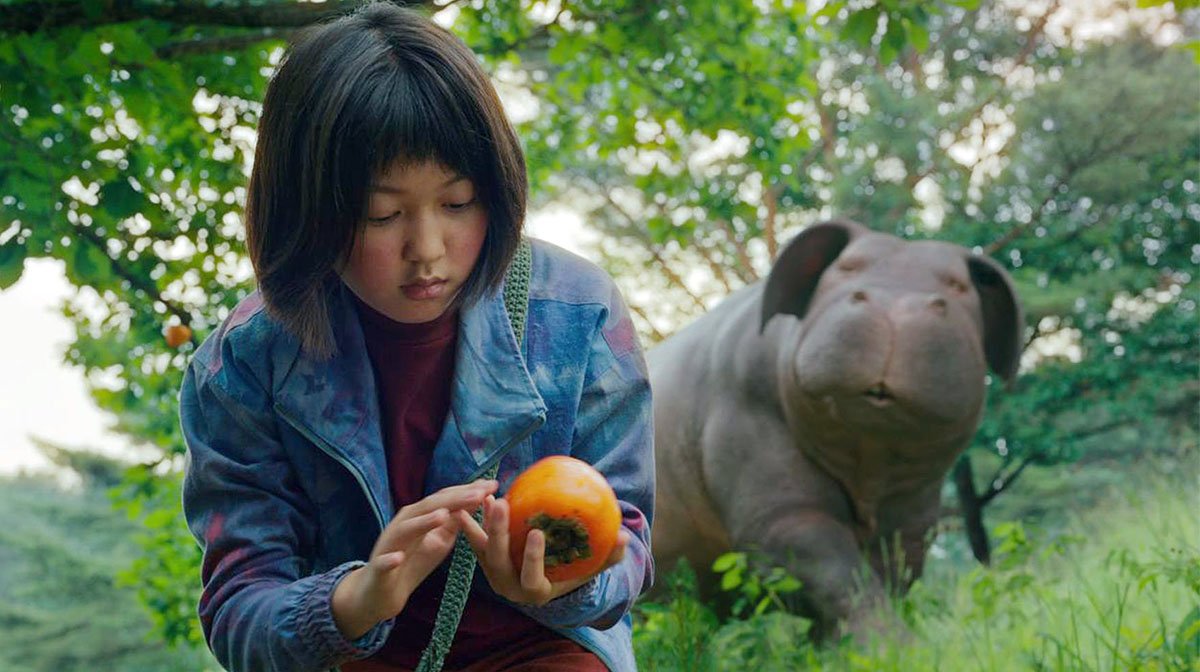
Netflix
After several films that were of a dark theme and nature, Okja seemed to be the light among the struggles of humanity.
This story about a poor young farm girl, Mija, who lives in the mountains and just wants to keep her genetically modified pet super-pig safe is actually about our food crisis, animal cruelty and food processing.
Throughout the story she is exposed to greed and injustice, even by those who are on her side. But we also see Okja’s journey from her kidnapping to abuse, and in the final terrifying scenes, the life she might have had ending in slaughter.
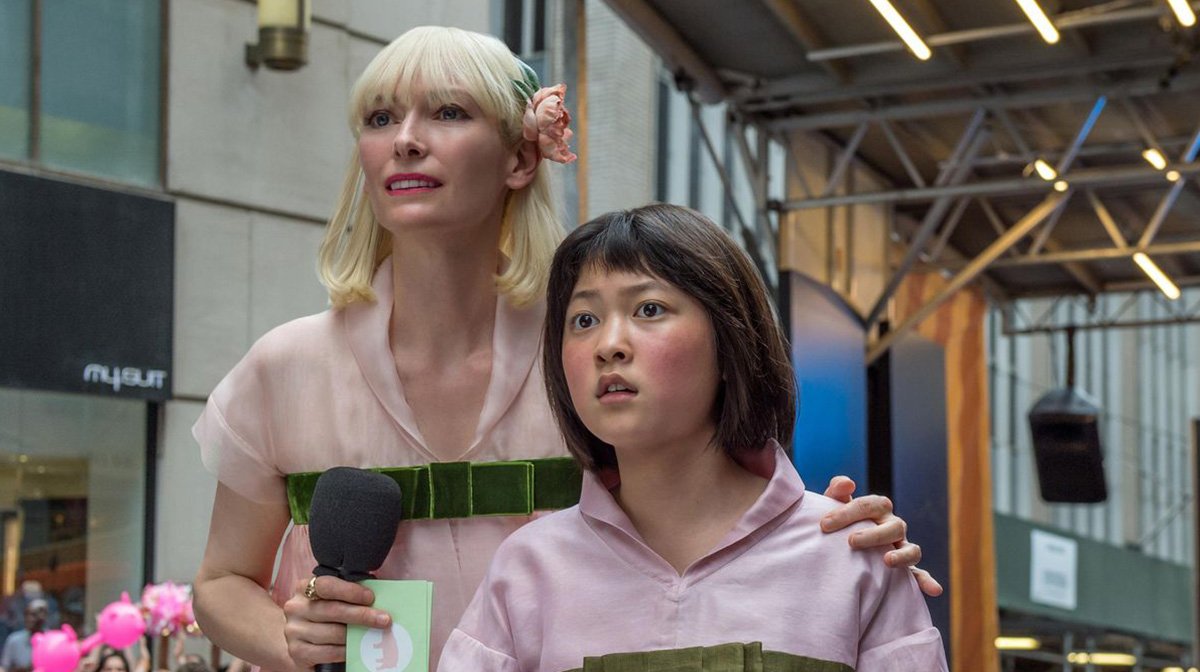
Netflix
Joon‐ho exposes cruelty from unseen point of views – a child’s and an animal’s – and the story ends with a cruel streak of realism, exactly where it started.
Each of his stories doesn’t end the way a typical genre film would. There is a sense of realism, even with the science-fiction heavy films.
Within the confines of each story, a spoken question is posed – is this realistically what would happen in real life, outside of the film?
Joon‐ho always answers this with a somewhat logical ending, with the exception of Okja, as there is a twinkle of hope that may not have been realistic, but it’s what the audience needed to see.

CJ Entertainment
Parasite being released in cinemas this week is set to be a combination of both social issues commentary, and exploring how far a family will go to secure menial jobs.
While making a point of a prominent social issue, Parasite has been marketed like a thriller, in a similar vein to Mother, however, as Joon-ho is a master of the genre twist, prepare for the unexpected.
Parasite will be released in UK cinemas 7th February.

